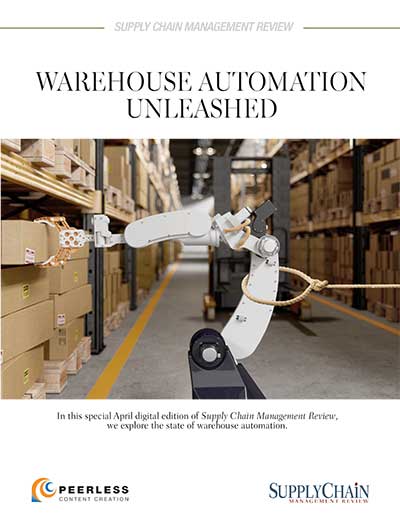While the economy is slowly showing signs of bouncing back, its uneven recovery throughout the world has myriad impacts on global trade patterns, commodity flows, and subsequently freight transport flows, according to the findings of a recent research report from the International Transport Forum.
But perhaps the biggest takeaway in the report, entitled "Transport Outlook 2010: The Potential for Innovation," is a wide-ranging look at the management of future greenhouse gas (GHG) emissions from transport, which comes to the conclusion that "technologies to improve fuel economy and ultimately transform the energy basis of transport are the key, as there are very strong upward pressures on demand volumes."
This is not to say that demand management in transport is unjustified or does not contribute at all to GHG abatement, according to the report’s authors. Instead, they note that its potential is limited so that technological improvement is at the core of climate change policy in the transport sector.
And while the economic shocks of 2008 had a bigger impact on global trade than previous crises, and global trade appears heading back to pre-crisis levels, the report explains that the "geographical fragmentation" of production processes has had a major impact on trade and has been facilitated by good and cheap transport.
What’s more, the report indicates that while globalization of production has been facilitated by transport and intensified the volatility of trade and transport flows, with transport being increasingly exposed to macroeconomic risk. And with transportation rates down and volumes down on an absolute basis, too, the report suggests that heavily-oriented export oriented economies should endeavor for a growth strategy more geared towards domestic demand.
This concept has varying takeaways for shippers, according to ITF Secretary General Jack Short. In an interview with LM, Short explained that shippers respond to consumer demand, satisfying it at the lowest possible cost.
"In that sense they do not strive for any particular growth strategy, and they should not be expected to," said Short. "‘Rebalancing’ global growth is more a matter for policy-makers, that should be creating the right macroeconomic conditions—for instance by ensuring that credits are available, that exchange rates reflect economic realities and, in transport, by setting the rules of the games in such a way that we are getting the prices right."
These framework conditions, said Short, will affect consumer demand, and thereby indirectly affect production and transport choices, with more informed prices for transport services leading to different choices. But he cautioned that no major changes should not be expected, however, as modifying transport prices alone is not going to lead to a major shift in global production and trade patterns.
And assuming the economy continues its gradual recovery—with subsequent increases in trade volumes—Short said it is hard to say if demand management policies could meaningfully stabilize CO2 emissions.
"Demand management is to a considerable extent about setting the right prices, in passenger travel as well as in freight transport," explained Short. "Prices are among the levers to manage congestion, air pollution, and greenhouse gas emissions. But policies to influence prices need to be accompanied by supply side choices."
To illustrate his point, Short said there is not much point in making commuting by car more expensive, if no alternatives are provided that actually allow people to leave their car at home and use some other form of transport. And while such policy packages do change people’s behavior, Short is skeptical as to whether they’re sufficient to stabilize emissions of CO2.
"On a global level, the positive effects are overwhelmed by increased demand triggered by growing incomes and growing populations," he noted. "It is difficult to imagine how demand management could stabilize emission globally except through unduly restrictive measures."
SC
MR

Latest Supply Chain News
- Tech investments bring revenue increases, survey finds
- Survey reveals strategies for addressing supply chain, logistics labor shortages
- Israel, Ukraine aid package to increase pressure on aerospace and defense supply chains
- How CPG brands can deliver on supplier diversity promises
- How S&OP provides the answer to in-demand products
- More News
Latest Resources

 Explore
Explore
Topics
Latest Supply Chain News
- Tech investments bring revenue increases, survey finds
- Survey reveals strategies for addressing supply chain, logistics labor shortages
- Israel, Ukraine aid package to increase pressure on aerospace and defense supply chains
- How CPG brands can deliver on supplier diversity promises
- How S&OP provides the answer to in-demand products
- AI, virtual reality is bringing experiential learning into the modern age
- More latest news
Latest Resources

Subscribe

Supply Chain Management Review delivers the best industry content.

Editors’ Picks




